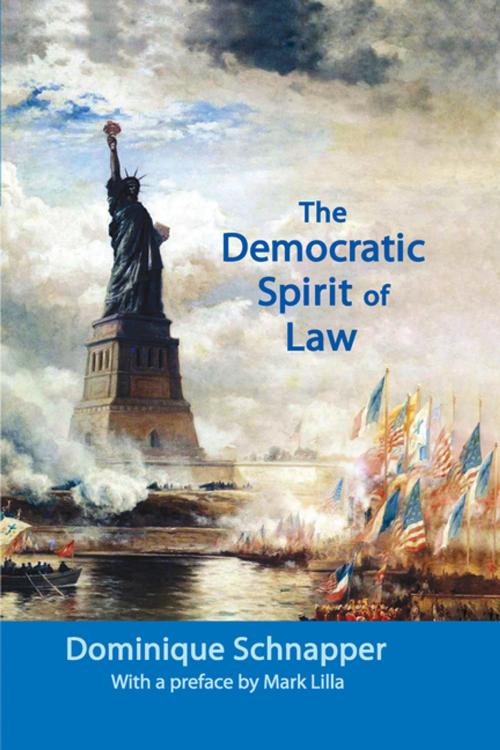The Democratic Spirit of Law
Nonfiction, Social & Cultural Studies, Political Science, Government, Democracy| Author: | ISBN: | 9781351483872 | |
| Publisher: | Taylor and Francis | Publication: | July 5, 2017 |
| Imprint: | Routledge | Language: | English |
| Author: | |
| ISBN: | 9781351483872 |
| Publisher: | Taylor and Francis |
| Publication: | July 5, 2017 |
| Imprint: | Routledge |
| Language: | English |
In this major new work, Dominique Schnapper continues her investigation into changes in contemporary democracy. Although she concentrates on the French example, The Democratic Spirit of Law concerns all democratic societies.Schnapper warns against the danger of corrupting the "principles," as defined by Montesquieu, on which democracy is based. If democracy becomes "extreme," all its founding principles risk being corrupted. Respect for institutions is necessary for freedom to be effective. Furthermore, if democrats cease to distinguish between facts and values, religion and politics, politics and the judiciary, knowledge and opinion, and knowledge and intuition, they will sink into absolute relativism or a nihilism that threatens the very values on which democratic society is based.By pointing out the danger of corruption inherent in the democratic promise of freedom, equality, and happiness, the author provides intellectual weapons not only to understand, but also to defend democracy, the only system in history, despite its limits and failures, that has humanely organized human societies. Democracy's future depends on citizens' preservation of the founding spirit of the democratic order: recognition of others, and free, reasonable, and controlled criticism of legitimate institutions.
In this major new work, Dominique Schnapper continues her investigation into changes in contemporary democracy. Although she concentrates on the French example, The Democratic Spirit of Law concerns all democratic societies.Schnapper warns against the danger of corrupting the "principles," as defined by Montesquieu, on which democracy is based. If democracy becomes "extreme," all its founding principles risk being corrupted. Respect for institutions is necessary for freedom to be effective. Furthermore, if democrats cease to distinguish between facts and values, religion and politics, politics and the judiciary, knowledge and opinion, and knowledge and intuition, they will sink into absolute relativism or a nihilism that threatens the very values on which democratic society is based.By pointing out the danger of corruption inherent in the democratic promise of freedom, equality, and happiness, the author provides intellectual weapons not only to understand, but also to defend democracy, the only system in history, despite its limits and failures, that has humanely organized human societies. Democracy's future depends on citizens' preservation of the founding spirit of the democratic order: recognition of others, and free, reasonable, and controlled criticism of legitimate institutions.















